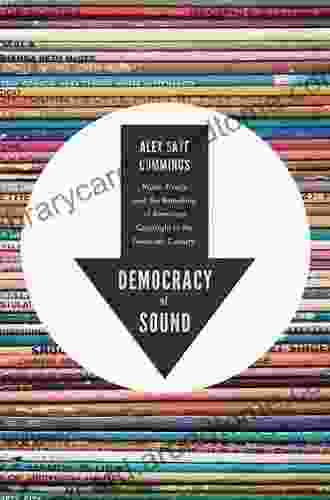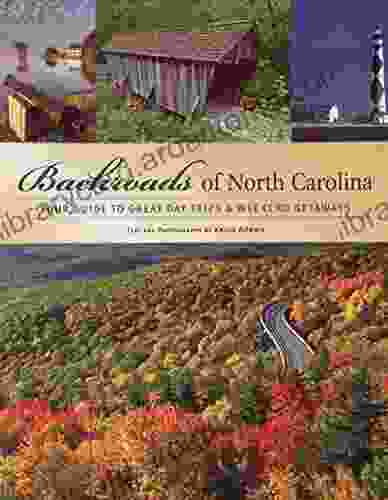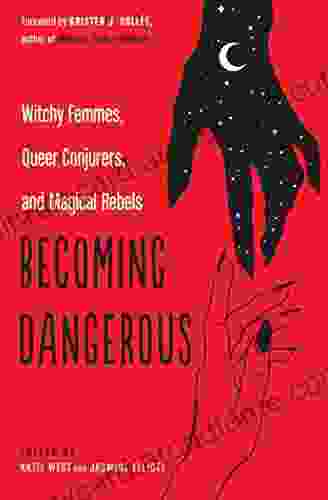Music Piracy and the Remaking of American Copyright in the 20th Century: Uncovering the Hidden History of Music's Digital Revolution

In the tapestry of American intellectual property law, music piracy occupies a complex and enigmatic chapter. From the advent of phonograph recordings in the late 19th century to the rise of digital technologies in the late 20th century, music piracy has served as a catalyst for profound transformations in the way we create, distribute, consume, and protect intellectual property.
This article explores the multifaceted history of music piracy in the United States, tracing its origins, examining its profound impact on the music industry and copyright law, and shedding light on the ongoing debates surrounding this controversial practice. Through archival research, legal analysis, and firsthand accounts, we will uncover the hidden narrative of how music piracy has shaped the very fabric of American culture and copyright law.
4.9 out of 5
| Language | : | English |
| File size | : | 2989 KB |
| Text-to-Speech | : | Enabled |
| Enhanced typesetting | : | Enabled |
| Word Wise | : | Enabled |
| Print length | : | 272 pages |
| Lending | : | Enabled |
| Screen Reader | : | Supported |
The Early Years: Phonographs, Sheet Music, and the Dawn of Piracy
The emergence of phonograph technology in the 1880s marked a watershed moment in the history of music piracy. For the first time, music could be recorded and reproduced mechanically, opening the door to widespread distribution and unauthorized duplication.
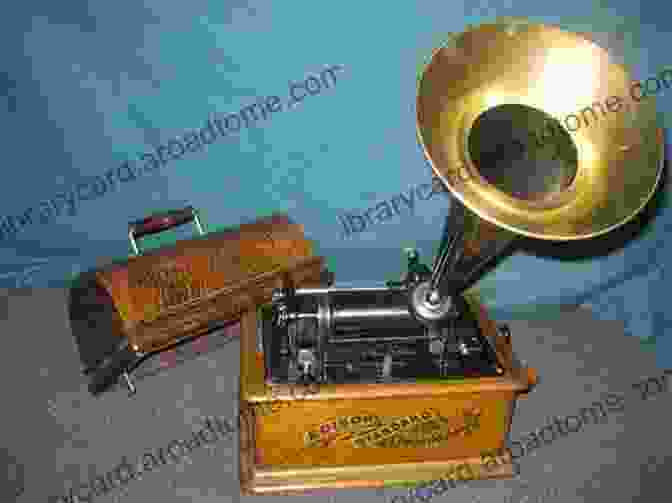
Initially, phonograph manufacturers faced fierce competition from sheet music publishers, who feared that phonographic recordings would threaten their lucrative business. In response, publishers aggressively pursued legal action against unauthorized reproductions of their copyrighted sheet music.
However, the courts often struggled to establish clear lines between legitimate and infringing uses of copyrighted material. The rise of "mechanical rights" in the early 20th century, which recognized the distinct rights of copyright holders in the production of phonorecords, helped to clarify the legal landscape.
The Birth of Radio and the Mass Dissemination of Music
The advent of radio broadcasting in the 1920s expanded the reach of music piracy to unprecedented heights. Radio stations played music from phonograph records without obtaining permission from copyright holders, resulting in widespread infringement and lost royalties for songwriters.
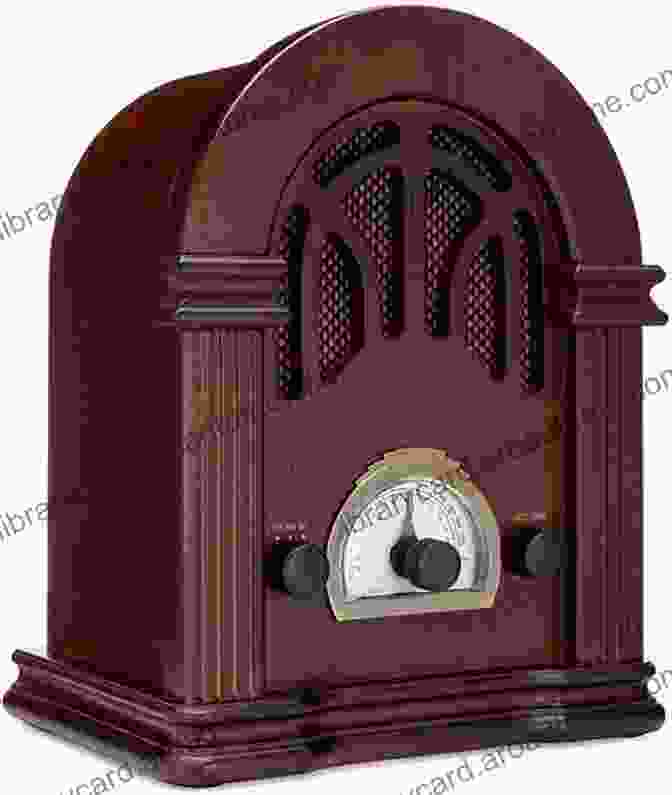
The music industry responded by forming powerful trade organizations, such as ASCAP (the American Society of Composers, Authors and Publishers) and BMI (Broadcast Music, Inc.),to protect the rights of copyright holders. These organizations negotiated licensing agreements with radio stations, ensuring that songwriters received royalties for the public performance of their works.
However, these licensing agreements also raised concerns about potential anti-competitive practices and the suppression of new and independent artists. The complex relationship between copyright law, radio broadcasting, and music piracy would continue to be a source of tension throughout the 20th century.
The Tape Recording Revolution and the Home Copying Boom
In the 1960s, the development of cassette tapes revolutionized the home recording market. Consumers could now easily make copies of their own music collections and distribute them to their friends. The rise of underground music scenes and counterculture movements fueled a thriving cassette-trading culture.
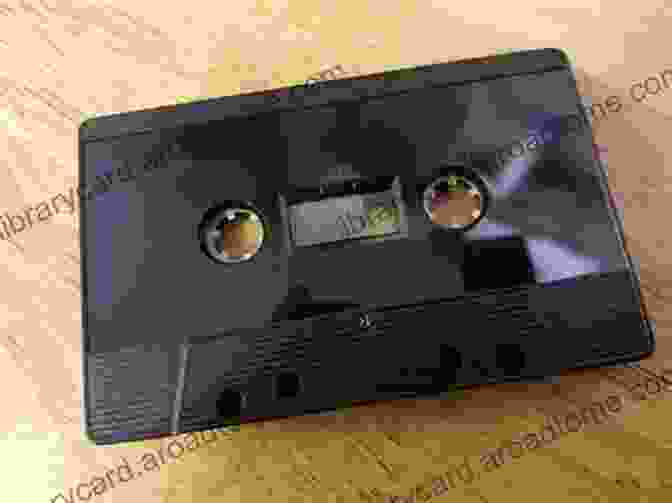
The music industry initially opposed home taping, arguing that it violated copyright laws. However, a landmark Supreme Court ruling in 1984, Sony Corp. v. Universal City Studios, Inc., established that home taping for personal use was a fair use of copyrighted material under the principle of "time-shifting."
The Sony decision legalized a form of non-commercial music piracy, sparking heated debates about the balance between copyright protection and consumer rights. The home taping boom of the 1970s and 1980s significantly altered the way music was consumed and shared, challenging the traditional models of music distribution and monetization.
The Digital Age and the Internet Revolution
The advent of digital technologies in the late 20th century ushered in a new era of music piracy. The rise of the internet and file-sharing software like Napster and LimeWire enabled consumers to access vast libraries of music for free.

The music industry mounted an aggressive defense against digital piracy, filing lawsuits against file-sharing services and individual users. The Recording Industry Association of America (RIAA) launched a high-profile campaign to prosecute individuals who illegally downloaded music, leading to thousands of lawsuits and millions of dollars in penalties.
However, the anti-piracy efforts of the music industry proved to be a double-edged sword. The lawsuits and negative publicity alienated consumers and generated widespread sympathy for digital pirates. The widespread availability of free music online also led to a decline in music sales, forcing the industry to rethink its business models and embrace new forms of revenue generation.
The Legacy of Music Piracy in American Copyright Law
The history of music piracy has left an indelible mark on American copyright law. The legal battles and technological advancements associated with this phenomenon have shaped the very foundation of copyright protection in the digital age.
The Supreme Court's ruling
4.9 out of 5
| Language | : | English |
| File size | : | 2989 KB |
| Text-to-Speech | : | Enabled |
| Enhanced typesetting | : | Enabled |
| Word Wise | : | Enabled |
| Print length | : | 272 pages |
| Lending | : | Enabled |
| Screen Reader | : | Supported |
Do you want to contribute by writing guest posts on this blog?
Please contact us and send us a resume of previous articles that you have written.
 Book
Book Novel
Novel Page
Page Chapter
Chapter Text
Text Story
Story Genre
Genre Reader
Reader Library
Library Paperback
Paperback E-book
E-book Magazine
Magazine Newspaper
Newspaper Paragraph
Paragraph Sentence
Sentence Bookmark
Bookmark Shelf
Shelf Glossary
Glossary Bibliography
Bibliography Foreword
Foreword Preface
Preface Synopsis
Synopsis Annotation
Annotation Footnote
Footnote Manuscript
Manuscript Scroll
Scroll Codex
Codex Tome
Tome Bestseller
Bestseller Classics
Classics Library card
Library card Narrative
Narrative Biography
Biography Autobiography
Autobiography Memoir
Memoir Reference
Reference Encyclopedia
Encyclopedia Allison Perlman
Allison Perlman Celeste Jarabese
Celeste Jarabese Berel Lang
Berel Lang Albert Piaget
Albert Piaget Robert Schnakenberg
Robert Schnakenberg Allan Green
Allan Green Allen Taylor
Allen Taylor Dr Biswaroop Roy Chowdhury
Dr Biswaroop Roy Chowdhury Mike Murdock
Mike Murdock James Hoggan
James Hoggan Amanda Rosenberg
Amanda Rosenberg Allan Paivio
Allan Paivio Ann Marie Kupinski
Ann Marie Kupinski Azat Mardan
Azat Mardan Emily Sander
Emily Sander Gunter Faure
Gunter Faure Till Mostowlansky
Till Mostowlansky Frank Knoll
Frank Knoll Alan Johnstone
Alan Johnstone Alex Wolf
Alex Wolf
Light bulbAdvertise smarter! Our strategic ad space ensures maximum exposure. Reserve your spot today!
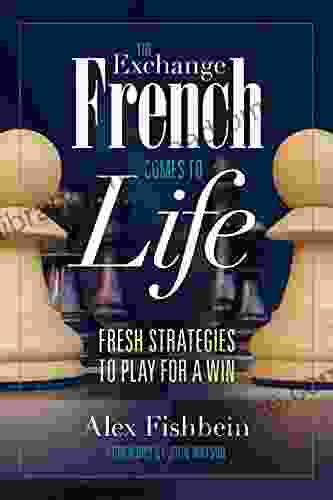
 Nathaniel PowellFresh Strategies to Play for Win: A Comprehensive Guide to Enhance Your Skill...
Nathaniel PowellFresh Strategies to Play for Win: A Comprehensive Guide to Enhance Your Skill... Ralph EllisonFollow ·17.2k
Ralph EllisonFollow ·17.2k Vladimir NabokovFollow ·6.2k
Vladimir NabokovFollow ·6.2k Quentin PowellFollow ·18.1k
Quentin PowellFollow ·18.1k Derrick HughesFollow ·7.9k
Derrick HughesFollow ·7.9k John GreenFollow ·9k
John GreenFollow ·9k Devon MitchellFollow ·14.1k
Devon MitchellFollow ·14.1k Milan KunderaFollow ·16.5k
Milan KunderaFollow ·16.5k Gabriel MistralFollow ·2.8k
Gabriel MistralFollow ·2.8k

 Joshua Reed
Joshua ReedBelieving, Living, and Enjoying by the Word: Unlock the...
In a world filled with...
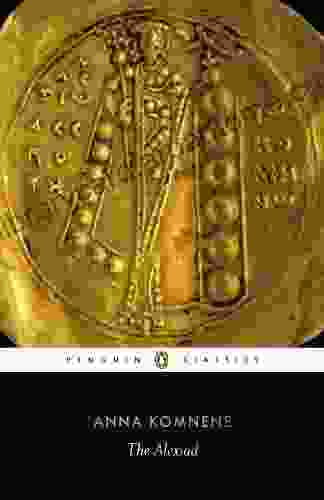
 Cason Cox
Cason CoxUnveil the Extraordinary World of "The Alexiad": A...
Delve into the Heart of Byzantine...

 Junot Díaz
Junot DíazUnveiling the Intricacies of Intellectual Property: Your...
In today's knowledge-driven economy,...
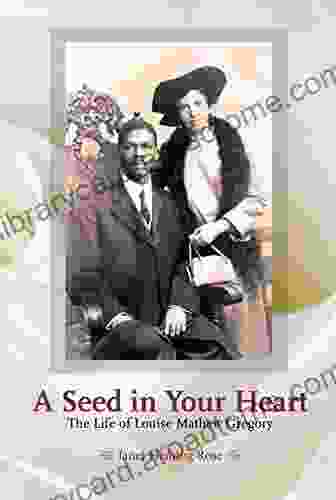
 Aleksandr Pushkin
Aleksandr PushkinThe Life of Louise Mathew Gregory: A Tapestry of Triumphs...
A Woman of Extraordinary Substance Louise...

 Leon Foster
Leon FosterHomemade Lotion For Beginners: Transform Your Skincare...
Step into the world of...
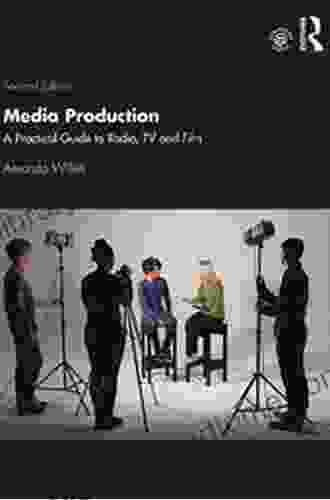
 Terence Nelson
Terence NelsonUnveiling the Secrets of Radio, Television, and Film: An...
: Embarking on a Journey into the...
4.9 out of 5
| Language | : | English |
| File size | : | 2989 KB |
| Text-to-Speech | : | Enabled |
| Enhanced typesetting | : | Enabled |
| Word Wise | : | Enabled |
| Print length | : | 272 pages |
| Lending | : | Enabled |
| Screen Reader | : | Supported |


